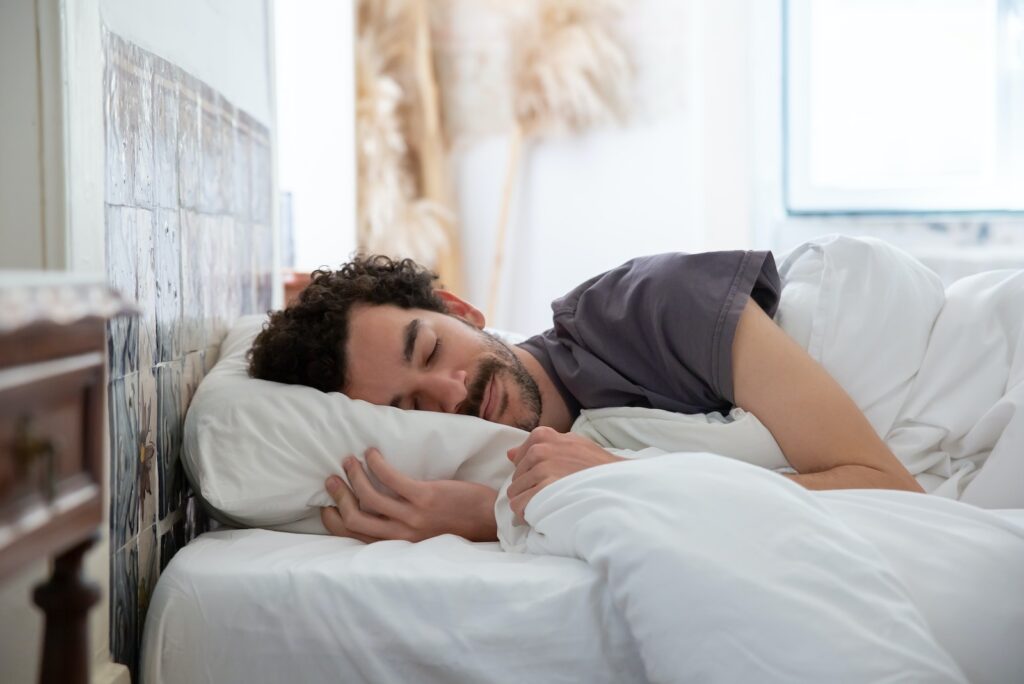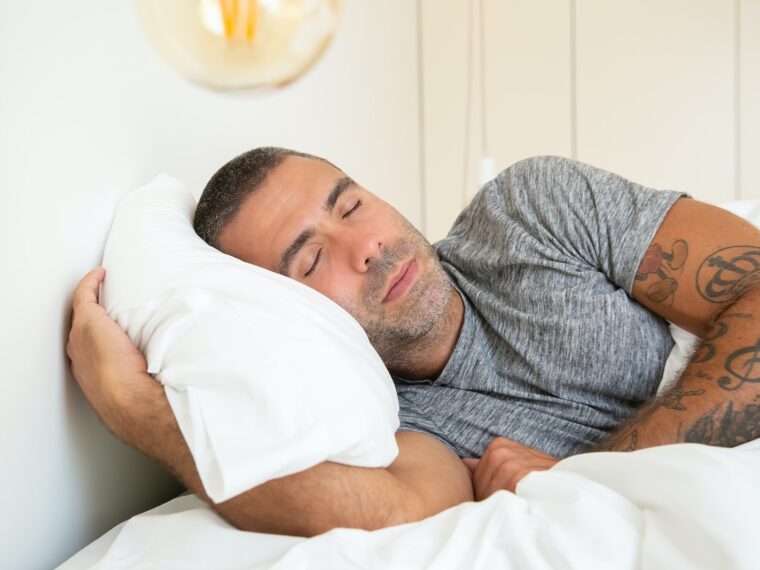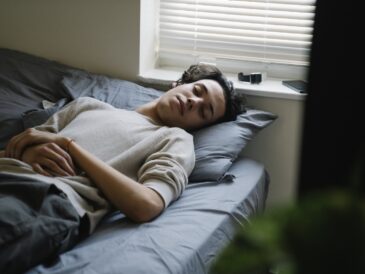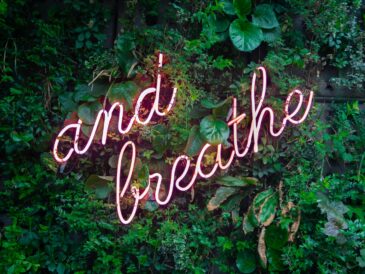Pillow-hugging is an age-old practice that provides both physical and emotional comfort. Additionally, it promotes proper spinal alignment that may alleviate neck or back pain as well as help with sleep apnea.
What drives this behavior? Answers can differ, but often involve insecurity, loneliness or pain as their source.
Insecurity
Pillow hugging can help relieve anxiety and stress by stimulating the release of oxytocin, a hormone shown to lower social anxiety, increase trust between individuals, and lead to improved restful sleep. Pregnant women may find the position beneficial; also known as side sleeping; its use can provide comforting relief from insomnia or other sleep disorders.
Pillow huggers often feel safe with their pillows, whether due to memories from childhood or even of deceased loved ones. Because these people tend to be shy and struggle interacting with others, forming strong bonds with their pillows serves as a subconscious reminder that they are not alone.
These individuals may find it hard to cope with their emotions, especially those associated with trauma-inducing experiences, so sleeping with their pillows can provide comfort during this trying time. Friends and family should make themselves available as much as possible and inquire sensitively into any emotional concerns; providing any necessary support.

Loneliness
Insecurity often compels individuals to seek physical affection while sleeping. When this occurs, pillow hugging may help give a sense of closeness and comfort that helps people relax into restful slumber. Sometimes it even helps relieve feelings of loneliness; according to Psych Central those experiencing chronic loneliness should seek professional advice; in the meantime simple solutions like cuddling up with a pillow may provide temporary relief.
Reddit threads with men who can’t sleep without hugging their pillows suggest that these men may be seeking physical warmth and companionship from them, as well as trying to ease anxiety that leads to insomnia. A good night’s rest requires peace of mind; many adults without partners or friends nearby use their pillows as a form of love and attention in their search for contentment.
Pillows can help ease physical pain while simultaneously increasing serotonin levels, giving us a much-needed night’s restful slumber. One effective way of doing this is sleeping with a body pillow designed specifically to fit our frames – such as one featuring contoured shapes that contour perfectly around joints for back or neck relief and relieving pressure points on joints.
Physical discomfort
Many people hug their pillows because it helps them fall asleep faster and provides them with comfort and safety, helping them sleep through the night better. This sensation is similar to cuddling close with someone they care about – this happens because your body releases oxytocin when hugging someone special, strengthening bonds. Oxytocin also releases when sleeping with a pillow hug!
Hugging a pillow when sleeping can provide more than security; it can also relieve pain and discomfort, assist in finding your ideal sleeping position, and improve overall quality of restful slumber by eliminating tossing and turning during the night, reduce symptoms such as snoring and acid reflux, which may become challenging when searching for suitable positions to sleep on, as well as alleviate symptoms like snoring and acid reflux that come from being unable to find one.
If you prefer side sleeping, body pillows designed to support and maintain the natural curve of your spine may provide all of the advantages associated with hugging a pillow while providing great posture and comfort. They may even prevent sore necks and backs while offering you better restful nights’ rest.
Sleep apnea
People who embrace their pillows while sleeping often do so to find emotional solace, such as worrying or anxiety in relationships, work, or health matters. People-pleasers tend to prioritize other people over themselves when giving attention and care – thankfully a pillow provides warmth and pressure without creating harm to themselves or anyone else.
However, if this behavior is indicative of sleep apnea it could be very harmful. Snoring from this condition causes restless nights for both the person who snores and their partner and leads to decreased energy throughout the day and concentration issues. Therefore it is recommended to visit Dr. Rodgers for screenings of sleep apnea as well as information on different treatment options available to them.
Florida-based clinical psychologist Stephanie Silberman states, “people tend to become very routine-oriented if they grab their pillows each night before bed.” According to Silberman, snuggling close with your pillow could act as an environmental cue telling the brain it is time to wind down for restful slumber and cuddling with it can provide a calming effect by stimulating production of oxytocin, helping relieve stress and promote relaxation.




